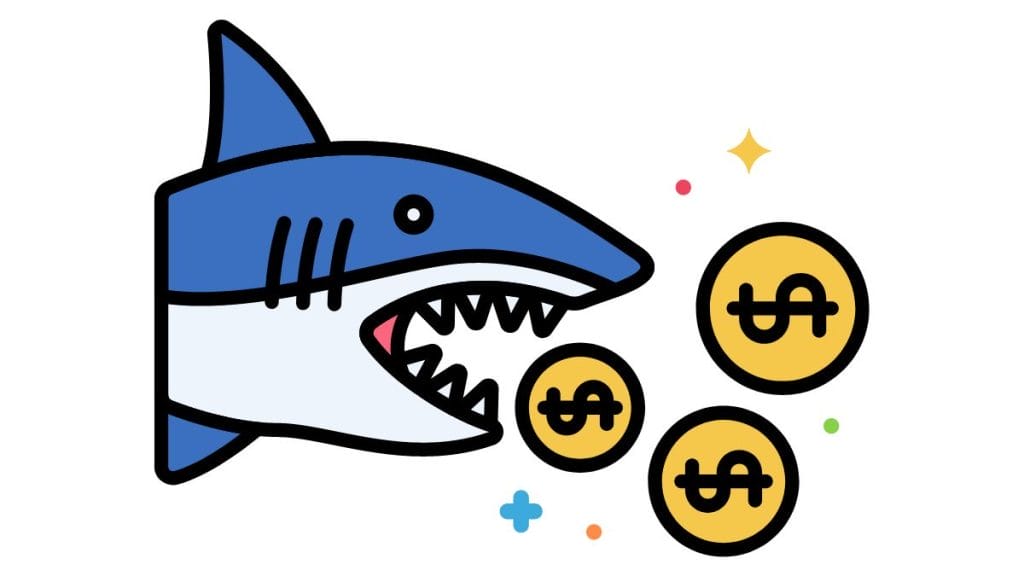Loan sharks are ‘the predators of the lending world’, ‘usurer’ and ‘the ones who shouldn’t be messed with’. Loan sharks are organizations that lend money to their borrowers at an extremely high-interest rate without requiring the usual legal processes and documentation. They lend to people who need cash in a matter of utmost urgency. They don’t ask questions, nor do they require a long strenuous process of the borrower running around foraging documents that a bank requires. They are usually associated with criminal activities and are thought to have connections to criminal gangs. They increase the interest rates and debt for the borrowers. They even collect security deposits in the form of passports, bank cards and driving licenses.
Desperate times call for desperate measures, but to swim with the sharks is another matter. Loan sharks aren’t friendly, conversational or empathetic, to say the least. They tend to be demanding, violent and overall a big red flag. They resort to blackmail, threat and sometimes even physical violence. It’s an understatement to say that loan sharks are a threat to the economy and the well-being of their clients.
For as long as the economy has existed, there have always been loan sharks looking and searching for their next prey. In an economy where legal authorities dominate the banking sector, loan sharks dominate public banking. The public’s dependency on loans has grown exponentially over the years, and the banks’ reluctance to participate in lending a helping hand only pushes them to ask for help from the sharks.
Loan sharks exist digitally as well as in person. When it exists digitally, there is a higher chance of the lender hacking the borrower’s contact list and threatening the people involved. There are numerous cases of victims falling prey to the threats of loan sharks and those who have ended their lives cause of malicious threats. Loan sharks have always been known to be notorious for their repossessions, and that is an issue for the government. The government must intervene when public safety is compromised or endangered.
It’s not only in India that these sharks exist, but they have been prevalent worldwide ever since currency existed. The first reported cases have been in the US, Korea, China, Japan and many more. The growing ties of loan sharks to the mafia and underground criminals have recently come to light, and it only worsens the situation and makes for a dreary cause for the government to act on.
The government’s policies have tried to reduce the burden on the public’s shoulders by proposing
- Setting an interest rate cap of 0.8 per cent per day.
- Requiring all mobile traders who sell goods on credit to be subject to responsible lending and disclosure obligations
- Payment reminders to provide contact details for financial support services
The Usurious Loans Act, 1918 provided additional powers to Courts to deal in some instances with usurious loans of money or in kind. Money lending is still regulated by the Reserve Bank of India and the Fair Practices Code for Lenders. Even with such rules and laws provided to protect borrowers from the sharp bites of loan sharks, there are cases still prevalent to this day that showcase their upper hand. The government has undertaken these initiatives but still didn’t ease the difficulty of getting a loan approved.
While there is a limit to the loan you take with the government, loan sharks provide greed and opaqueness to the belief in a loan. Shark loans are deceitful and untrustworthy while being a safe haven for people who find refuge in the darkness. You should find comfort in loaning with the people’s lenders only if you’re ready to outsmart the sharks.










